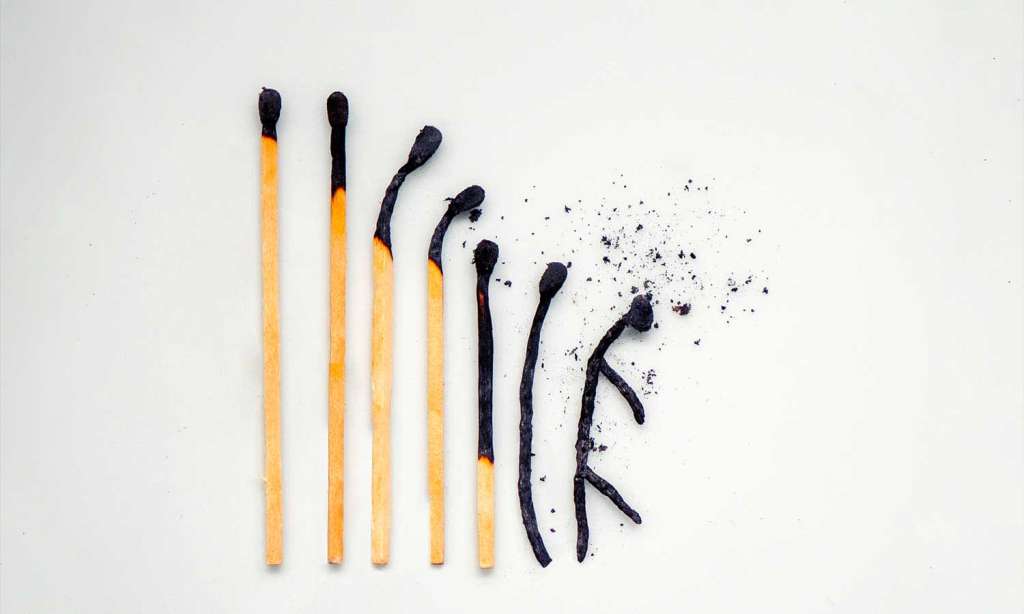Tell us about your most outrageous splurge for your chance to win a $200 gift card for The Iconic. Click here to enter.
Burnout is, to put it simply, when someone has reached a point of emotional, physical and mental exhaustion, usually caused by excessive and prolonged stress. It’s when someone feels overwhelmed by constantly feeling swamped with to-do lists, whether that be on the home, family or work front. It’s often described as physical or mental collapse from feeling overworked or constantly stressed.
So explains Veronica West, a psychologist at online mental health platform Lysn. West says that though the symptoms of burnout can be similar to those resulting from depression, the key differences are the specific stressors and how people with their symptoms.
“Burnout is generally focused on a specific stressor — work, caring responsibilities, etc — while depression does not tend to be experienced as a result of one or several specific stressors,” says West.
“Also, many people experiencing burnout typically won’t take it as seriously as if they think they have depression. For example, someone who thinks that they’re suffering from depression might seek psychological help, whereas someone who’s suffering from burnout might believe that simply taking some time off from work will solve their concerns.”
In reality, though, burnout can take anywhere from months, and, in severe cases, years to recover from — not to mention, be extremely detrimental to both your physical health and emotional wellbeing.
If you think you’re suffering from it, aside from engaging in talk therapy (which, personally, changed my life — you can read about that here), West suggests trying these three things.
Practice Mindfulness or Engage in a Relaxing Activity
“Practicing mindfulness or other relaxation-based exercises are great ways to manage stress, connect with your body and improve your mental wellbeing,” West says.
“Mindfulness also allows you to focus on the ‘here and now’, making you intensely aware of what you’re sensing and feeling in the moment, without interpretation or judgment. Studies suggest that mindfulness practice reduces activity in the ‘alarm’ centre of your brain — your amygdala. The amygdala plays a crucial role in the stress and fear response in your body, and, studies show that by lowering its activity, we can effectively reduce the level of response triggered when faced with stressful experiences.”
Get Enough Sleep
Next is to ensure you’re getting enough hours of snoozing. “Sleep is fundamental for a balanced wellbeing, especially when we consider what happens when we don’t get enough of it,” says West.
“Unfortunately, when we are feeling stressed, worried, anxious or burnt out, we often tend to decrease sleep (whether consciously or subconsciously). However, lack of sleep can actually be one of the things that can fuel the problem, causing a flow-on of effects such as decreased ability to concentrate and remember important things in our day-to-day, as well as irritability and general fatigue.”
Move Your Body
Finally, to prevent and combat burnout, make sure you’re regularly exercising. “The benefits of exercise are widely known, with it recognised as helping to increase wellbeing, whilst also decreasing psychological distress, perceived stress, and emotional exhaustion,” says West.
“Through exercise, we see an increase in the release of chemicals such as endorphins and serotonin, which are known to improve a person’s mood. Further to this, exercise can be an important tool in helping to reduce symptoms related to anxiety and depression, and help to improve self-esteem and cognitive function.”
Read more stories from The Latch and subscribe to our email newsletter.







